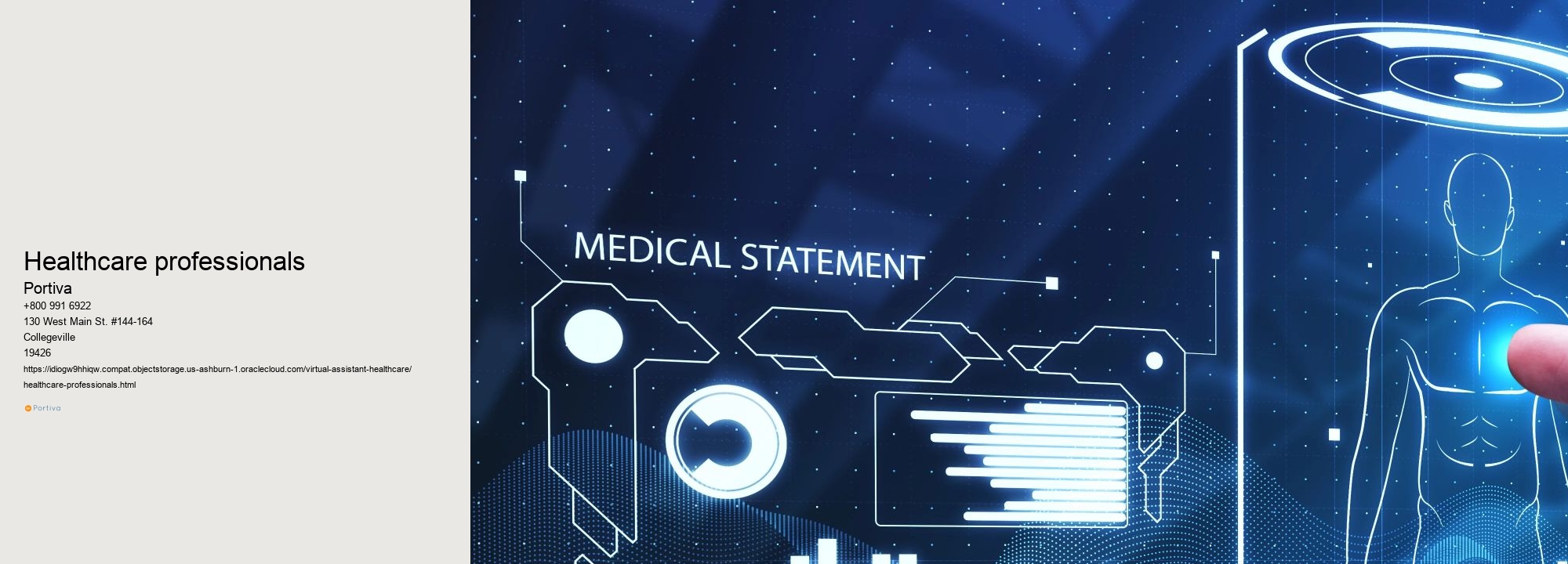
Healthcare virtual assistants are digital tools that assist medical practitioners and patients in optimizing healthcare delivery. These AI-powered assistants can perform various tasks ranging from appointment scheduling and email management to insurance claims handling and electronic billing. By delegating these repetitive tasks to virtual assistants, healthcare professionals can save significant amounts of time and energy that can be utilized in providing quality care to patients. Additionally, virtual assistants can also remind patients of upcoming appointments, provide medication reminders, and answer common patient queries. Overall, a virtual healthcare assistant can act as a valuable addition to any medical practice, ensuring that medical practitioners can focus on providing better healthcare outcomes to their patients.
Working as a virtual assistant in the healthcare industry requires a specific set of skills that are critical in ensuring the efficient and effective delivery of services. These skills include exceptional communication skills, proficiency in the latest technologies, strong organizational skills, the ability to multitask, attention to detail, and excellent problem-solving abilities. Since virtual assistants work remotely and may not have direct access to the patients and the medical team physically, they must possess excellent communication skills to interact with patients, doctors, and other medical professionals effectively.
Additionally, staying up-to-date with the latest healthcare technologies, such as electronic health records (EHRs) and virtual healthcare platforms, is critical for virtual assistants to deliver their services efficiently. In a fast-paced healthcare setting, a virtual assistant must have strong organizational and multitasking abilities to handle tasks such as scheduling, billing, and managing medical records smoothly.
Furthermore, being detail-oriented is essential, as even minor errors in medical records handling can have significant implications on patient care. And lastly, virtual assistants need strong problem-solving abilities as they may encounter complex scheduling conflicts, insurance authorization issues, and medical emergencies that require quick decision-making.
A virtual assistant working in the healthcare industry must possess excellent communication skills, stay up-to-date with the latest healthcare technologies, have strong organizational and multitasking abilities, pay great attention to detail, and have excellent problem-solving abilities to deliver efficient and effective services.
Virtual health assistants have emerged as an innovative solution to many of the traditional challenges encountered in the healthcare industry, such as limited access to medical facilities or a shortage of healthcare professionals in certain areas. However, like any technology solution, they also have some disadvantages.
One critical disadvantage of virtual health assistants is the lack of physical proximity between patients and healthcare professionals. While virtual assistants can handle various tasks such as scheduling appointments, billing, and managing medical records, they cannot provide clinical care in one location. This often results in the need for patients to travel to distant medical facilities, which can be inconvenient and time-consuming.
Another issue is concerned about data security. Virtual healthcare providers may store a patient's sensitive medical data in digital format, and this can pose risks such as data breaches, hacking, and identity theft. Due to the critical nature of medical data, it is important that virtual assistants are adequately secured and data privacy laws are adhered to.
Some of the key disadvantages of virtual health assistants include the remote nature of care, which limits certain aspects of clinical care, and the potential for data security issues. It is therefore essential to weigh the advantages and disadvantages of employing virtual assistants in specific healthcare contexts carefully."